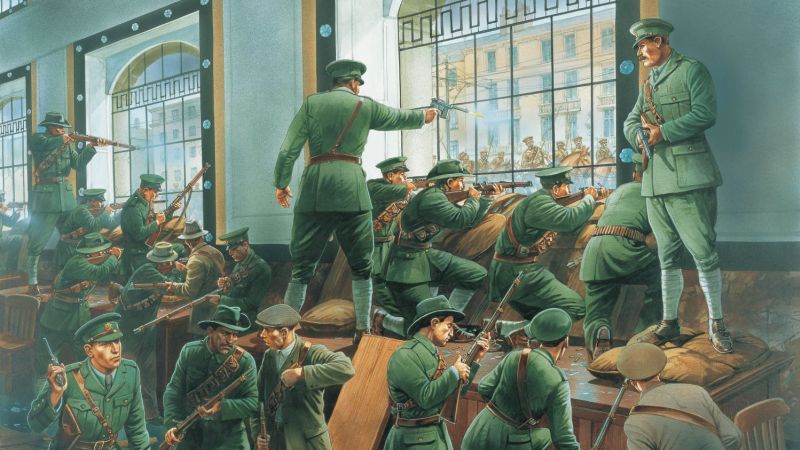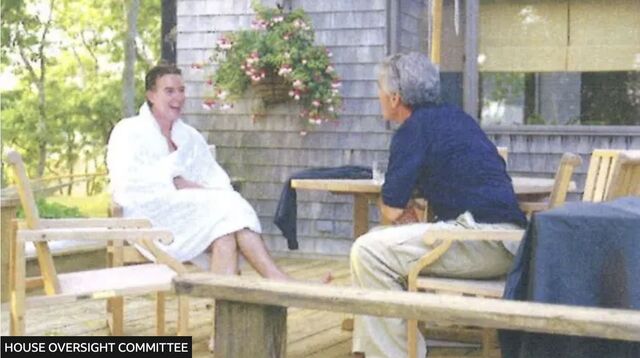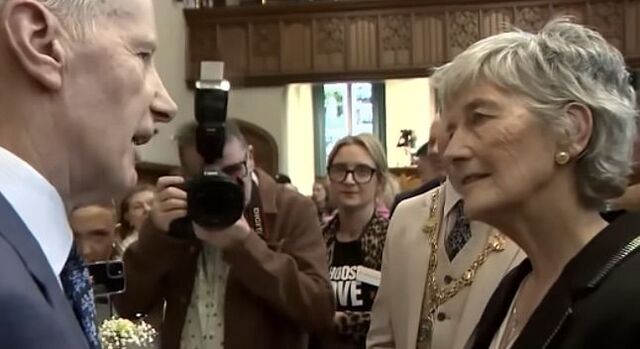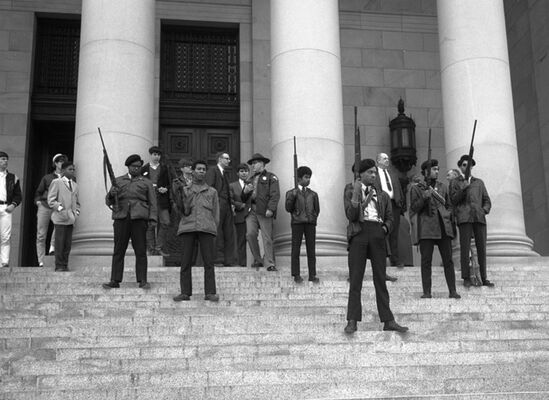I’VE never had a green thumb. My neighbour’s tomatoes swell in his greenhouse, his lettuces bulge in neat rows.
Meanwhile, God help me, I stick my daffodil and tulip bulbs into what looks more like a mass grave than a flowerbed and hope for the best. And yet, miraculously each year, it happens. Even in January the half-black earth of the mass grave begins to be pierced by the tips of optimistic little shoots, and by April flowers are shouting their glorious colours at anyone wise enough to stand and stare.
In Easter 1916 a small group of men set out on a dark, apparently hopeless task. Much of Ireland’s population was buried in acceptance of British rule. But unlike my plant-and-pray technique, the Proclamation signatories knew exactly what they were doing. Pearse, McDonagh and Plunkett may have been more poets than soldiers.
But like the other signatories, they saw beyond their inevitable military defeat to a transformed Ireland. They had an unshakeable faith in the seeds planted by their deaths. And so they embraced their deaths rather than endured them.
Seán MacDiarmada was executed on May 15. From his prison cell he wrote: “The principles for which I give my life are so sacred that I now walk to my death in the most calm and collected manner. I meet death for Ireland's cause as I have worked for the same cause all my life.”
Thomas Clarke was blind-folded and had his hands tied before he was led from his cell to the yard where he was to be shot. His last words to the Irish people saw beyond death and defeat: “I and my fellow-signatories believe we have struck the first successful blow for freedom. The next blow, which we have no doubt Ireland will strike, will win through. In this belief we die happy.”
May 1916: My grandfather Patrick Kenny (with cap) under guard at Dublin Docks after taking part in the Easter Rising; awaiting deportation to Stafford Prison England, and then to Frongoch Internment Camp @BritishPathe. Béimid ina bhun do laochra Éirí Amach na Cásca go brách! pic.twitter.com/yBLTlLLY4q
— Pádraig #FBPE 🇮🇪🇪🇺💙Stronger Together✊ (@PadraigKenny) April 4, 2021
Pádraig Pearse was shot dead at 3.40pm on May 3, 1916. The day before he died he wrote of his life-long hopes: “When I was a child of ten I went down on my bare knees by my bedside one night and promised God that I should devote my life to an effort to free my country. I have kept that promise… We seem to have lost. We have not lost.”
One of those who led Pearse out to be shot reported that he whistled as he walked to face the execution squad.
Joseph Plunkett wrote from jail to Grace Gifford, whom he would marry hours before his death. “You know how I love you. That is all I have time to say. I know you love me and I am very happy."
Eamonn Ceannt was executed on May 8. The day before, he wrote of his feelings for his comrades: “I wish to record the magnificent gallantry and fearless, calm determination of the men who fought with me. All, all, were simply splendid. Even I knew no fear nor panic and shrunk from no risk, even as I shrink not now from the death which faces me at daybreak.”
Seán MacDiarmada was executed on May 15. From his prison cell he wrote: “The principles for which I give my life are so sacred that I now walk to my death in the most calm and collected manner. I meet death for Ireland's cause as I have worked for the same cause all my life.”
James Connolly’s final words were defiant: “Believing that the British Government has no right in Ireland, never had any right in Ireland, and never can have any right in Ireland, the presence, in any one generation of Irishmen, of even a respectable minority, ready to die to affirm that truth, makes that Government forever a usurpation and a crime against human progress.”
These men knew the price they would pay for the Rising. When they chose the Easter period to proclaim their revolutionary commitment to Ireland, they knew their deaths would carry an echo of Christ’s resurrection and Nature's resurrection.
Compare the generosity of the rebels' words with the carping bitterness, the pretend-compassion of some unionist politicians today. Courage versuss fear, confidence versus sabre-rattling.
How long will these unionist politicians need before they realise a resurrection that’s been waiting for a century is just around the corner?







